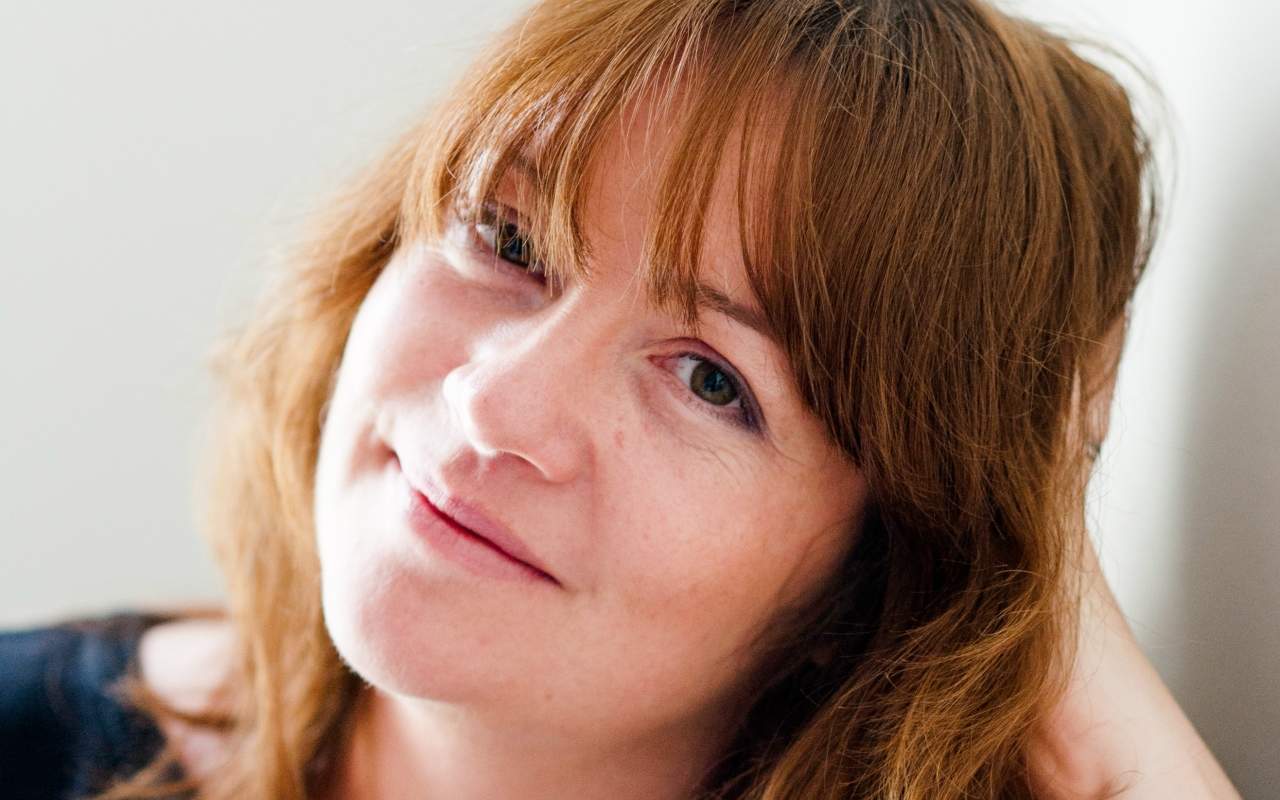
“In writing the book I was consciously trying to do something new,” says McBride, who was born in Liverpool, raised in western Ireland and now lives in Norwich. “I’m very interested in the modernist tradition. Finnegan’s Wake sort of signalled the end of literature, so I wanted to take a step back and try to find a new way forward.”
A Girl Is A Half-Formed Thing was written in six months when McBride was 27. It was offered to all the usual publishing houses, turned down, and shelved. Nine years later she re-submitted it, unaltered, to Norwich-based Galley Beggar Press, “an old-fashioned publisher for the 21st century”, established in 2011. It was published in June this year. “Small presses are going to be the saving of us all,” Eimear joked.
The main function of literary prizes is to make a lot of noise. Controversies, ceremonies and stickers all lend a sense of occasion where otherwise there would be quiet groups of men and women reading books. For those who love literature, the prize cycle can be maddening – a shallow, grandee-infested, bow-tie-toting marketing ploy – but for the industry, it is essential.
This year the architecture of that world has altered drastically, with new prizes (The Folio), widening parameters (The Booker) and swollen funds (The Wellcome Book Prize re-launched last week with a £30,000 prize pot). Each of these prizes claims to unearth the best fiction published in a given year – but what qualities, specifically, are they looking for?
“Each prize has its own unique flavour,” says Jim Crace, who was shortlisted for the Booker earlier this year and opposes the prize’s new global remit. “The Booker has a special flavour in that it is a Commonwealth prize. We wouldn’t say the Commonwealth Games should be opened up to Brazilians and Americans because we aren’t getting the best javelin throwers.”
The Goldsmiths Prize, which was launched by Goldsmiths’ College, in association with the New Statesman, earlier this year, is a unique undertaking. Blake Morrison, Professor of Creative and Life Writing at Goldsmiths, says the impetus for the prize was both the diverse writing produced at the university, as well as the wider strongly-felt need for a prize that would reward those who “broke new ground”. A prize for books which, to quote the literary critic Walter Benjamin, “establish a genre or dissolve one” – encouraging writers and publishers to “keep, or regain, their nerve.”
Last week the 6 writers shortlisted for the prize gathered in the pale light of a lecture hall to read from their books. Four of them have had their work published by small or independent publishers. None of them reside in the capital. The setting was humble – there was a panel missing from one end of the stage, exposing the circuitry beneath it – but the audience, and the writers, seemed genuinely thrilled to be part of a project dedicated to rewarding inventiveness, language and newness of form.
“I have never been at such a sexy reading,” said Ali Smith, who was shortlisted for Artful, a collection of essays interpreted by a bereaved, fictional narrator. “It’s fantastic to be present to work that is so alive to the senses.”
The other shortlisted books included Harvest by Jim Crace, a dark, historical fable about the end of the open field system and an elegy for British rural life; Exodus, a riotous, meandering look at the decline of the humanities by philosopher lecturer and author Lars Iyer; Red or Dead, David Peace’s hypnotic, charging account of Bill Shankly’s time as manager of Liverpool Football Club and tapestry by Philip Terry, which tells the story of the nuns who created the Bayeaux Tapestry, the stories they tell each other and the processes of myth-making in which they are involved.
“Up until June all I had hoped was that I’d see the book in print,” McBride told me after the reading. “Everything that’s happened since – it all says to me that there’s an audience out there for work that is more challenging, and I’m really heartened by that. In all the years of rejection I began to wonder, maybe the marketing men are right? I’m really pleased to have it come out in the year where this kind of prize has been launched – it’s fantastic.”



